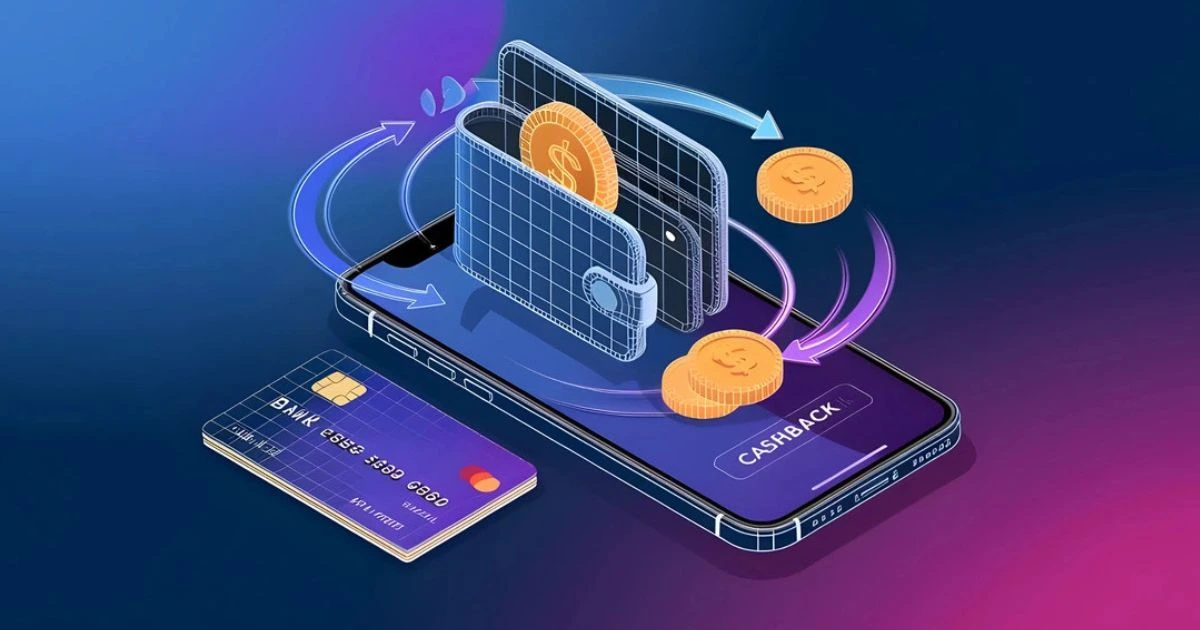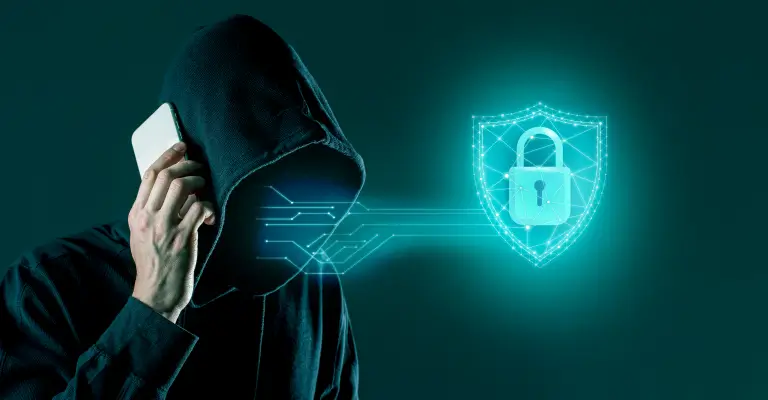The European digital wallet is redefining how we manage and verify education credentials — replacing paper-based diplomas, physical transcripts, and clunky email chains that are slow, insecure, and hard to scale in today’s digital-first world.
That’s where the European Digital Wallet steps in. It’s a secure, EU-regulated solution designed to transform how you issue, access, and verify academic records. Whether you’re a university modernizing your systems, an EdTech platform building trust, or a policy maker shaping the future of education, this digital wallet offers a smarter, safer, and more scalable approach.
- The EUDI Wallet is a cornerstone of the EU’s Digital Decade Policy Programme, aiming for at least 80% of EU citizens to use a digital ID solution by 2030.
- Its cross-border compatibility means that educational credentials stored in the wallet are recognized and valid in all EU Member States and the EEA, supporting student mobility and international collaboration.
- The wallet is being piloted in several large-scale projects (e.g., NOBID, EWC, POTENTIAL, DC4EU), with full adoption expected across all EU member states by the end of 2026.
In this blog, you’ll discover how the European Digital Wallet empowers students with portable credentials, helps institutions streamline verification, and supports policy-level goals for secure digital identity in education.
Legacy of Paper-Based Credentialing
If you’ve ever had to track down a lost diploma or resend the same transcript to multiple institutions, you know how frustrating traditional credentialing can be. Paper-based systems — while once standard — are now more of a liability than a legacy. They’re slow to process, vulnerable to fraud, and easily misplaced or damaged over time.
As a student, this creates anxiety. Your qualifications should be easy to access and share, especially when applying for jobs or further education across Europe. But instead, you’re often left dealing with bureaucracy and delays. For universities, maintaining physical records is expensive and inefficient. Manual verification drains resources and increases the risk of human error. And for employers, trusting outdated credentials adds an extra layer of uncertainty.
With the rise of online education credentials and e-learning credentials, the demand for secure, real-time verification has never been higher. But the old systems simply weren’t built for the speed and scale of today’s digital world.
What Is the European Digital Wallet?
Imagine having all your verified academic records, certifications, and digital IDs stored securely in one place — and accessible with just a few taps. That’s the core idea behind the European Digital Wallet.
It’s a digital identity solution designed by the European Union to give you full control over your personal data and credentials. Whether you’re a student, educator, or administrator, this wallet allows you to store and share educational records securely across borders — no need for paper copies or third-party verifications.
Built in alignment with the EU’s digital identity framework (eIDAS 2.0), the wallet prioritizes privacy and trust. It ensures that every credential you store or share complies with GDPR standards, so your data stays protected at all times.
For universities and institutions, this means faster onboarding, fewer verification bottlenecks, and a seamless way to issue credentials that meet evolving European standards.
How It Transforms Credentialing in Education
With the European Digital Wallet, you can finally move beyond slow, outdated verification processes. Instead of waiting days—or even weeks—for credential checks, students, universities, and employers gain real-time access to verified records. Imagine graduating and instantly sharing your diploma with a potential employer anywhere in Europe, without needing certified copies or translations.
The benefits don’t stop there. The wallet enables cross-border recognition of academic qualifications across Europe. If you’re studying in France but applying for a program in Germany, your digital student records are immediately trusted and accepted, helping you seize new opportunities without bureaucratic hurdles.
For universities and online platforms, adopting secure credential verification in Europe builds greater trust with students. It shows you’re committed to their mobility and future success. Plus, with secure credential storage, you dramatically reduce the risks of data breaches, fraud, and loss—creating a safer academic environment for everyone involved.
The European Commission estimates that a single digital identity solution like the EUDI Wallet could save Europeans up to 855,000 hours annually and businesses more than €11 billion each year by cutting administrative overhead and manual verification processes.
Role of Blockchain and Security
When it comes to education, you need more than just access — you need trust. That’s where blockchain technology, combined with Verifiable Credentials (VCs) and Decentralized Identifiers (DIDs), changes the game for good.
With blockchain in education, your records are stored on a decentralized ledger, meaning no single authority can alter or erase them. Universities issue credentials as Verifiable Credentials, which are digitally signed and cryptographically secured. You, the learner, can store these credentials in an education blockchain wallet, giving you full control over who sees what, and when.
Each record is tied to a Decentralized Identifier (DID) — a unique digital ID that verifies your identity without exposing personal data. This approach ensures your secure digital credentials are private, tamper-proof, and instantly verifiable by any institution or employer across Europe.
And because they’re stored as part of a secure electronic credential storage system, you no longer need to rely on paper records or third-party verification services. Everything is immediate, secure, and in your hands.
Case Study Scenario: Laravel Certification Program
Let’s take a look at a real-world example to see how this works in action. Imagine you’re running an online certification program like the Laravel Certification Program. With traditional methods, issuing and verifying certificates is a slow, manual process that can take days — sometimes even weeks. But by adopting digital credential platforms and the European Digital Wallet, this process has been radically streamlined.
In fact, the Laravel program saw a 70% reduction in verification time after transitioning to a blockchain-based digital credentialing solution. Students no longer have to wait for months to prove their certification to employers or other institutions. Instead, they can share their verified credentials instantly, with just a few clicks.
Moreover, this system enables 100% remote digital certificate access for students. Whether they’re based in Europe or beyond, graduates can access their certificates from anywhere, at any time, without the hassle of physical copies or mail delays. This flexibility is one of the key advantages of digital learning solutions in Europe — it’s not just about issuing credentials, but enabling a seamless, borderless experience for learners everywhere.
Impact on EdTech Startups & Policy Makers
As an EdTech startup, you’re constantly looking for ways to stay ahead of the curve. Integrating the European Digital Wallet into your platform isn’t just about offering digital credentials — it’s about setting your product apart and building trust with your users.
By adopting a digital credential platform, you can streamline the certification process, making it quicker and more secure for students. Whether you’re offering coding boot camps, online degrees, or skills development courses, the ability to issue verifiable, blockchain-secured credentials will elevate your reputation. Plus, with education verification tools integrated into your platform, employers and universities can quickly verify the legitimacy of your certifications, enhancing your brand’s credibility.
For policy makers, the European Digital Wallet aligns perfectly with the EU education technology vision. The wallet adheres to the latest EU regulatory standards, such as the eIDAS 2.0 framework, which ensures that all digital credentials are compliant, secure, and trusted across member states. This fosters a unified, efficient, and secure approach to credentialing in education, which benefits both startups and established institutions alike.
By promoting these digital solutions, you’re not only ensuring your business is compliant with evolving regulations — you’re helping to create a more connected and trustworthy education ecosystem in Europe.
“European Digital Identity Wallets will create a universal, trustworthy and secure means of digital identification for all Europeans… allowing everyone in Europe to securely identify themselves when accessing public and private services as well as store and display digital documents like mobile driving licenses and education credentials – all from their mobile phones.”
Conclusion
The shift towards digital wallets is more than just a technological upgrade — it’s an essential step for modernizing and securing credentialing in education across Europe. As we’ve seen, the benefits are clear: real-time access to verified records, enhanced student mobility, and streamlined verification for universities and employers. By embracing this next-gen credentialing education approach, you’ll not only stay ahead of the curve but also contribute to a more secure and efficient educational ecosystem.
With the rise of digital learning solutions in Europe, it’s critical for institutions, EdTech startups, and policy makers to adopt transformative tech solutions for educators that align with EU regulatory standards. The European Digital Wallet is a secure, scalable, and future-ready solution to meet these evolving needs. Want to explore a compliant, future-ready credentialing platform? Book a demo today with EveryCRED, your trusted digital credential platform, and start transforming your education system with tech!

 29th April, 2025
29th April, 2025 



